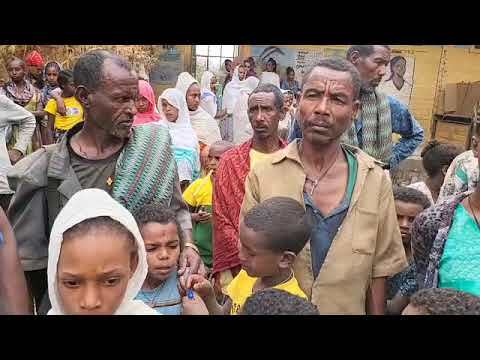Feb 22, 2022Reuters
ADDIS ABABA — Ethiopia plans to open up its banking industry to foreign competition as soon as parliament passes policies permitting it, Prime Minister Abiy Ahmed said, flagging reforms of one of the last major sectors of the economy still to be liberalized.
When Abiy took office in 2018, he pledged to overhaul sectors like telecoms and financial services.
Measures to open up the telecoms sector are underway, with a consortium comprising Kenya’s Safaricom, South Africa’s Vodacom, Britain’s Vodafone and Japan’s Sumitomo building a network after obtaining an operating license last year.
The fact that Ethiopia has closed its doors to foreign banks has benefited the sector until now, Abiy told lawmakers. “But after this, banks need to prepare themselves with modern ways and information technologies,” he added.
“Regarding this, the government is now preparing… a policy amendment. Once preconditions are met and banks are prepared, we will (implement) that.”
At present Ethiopia has 18 commercial lenders, two of which are state-owned, according to the central bank. (Reporting by Addis Ababa Newsroom; Writing by George Obulutsa; Editing by Jan Harvey)
















#No More? Where are you?
Well, telecommunications and banking are the two last frontiers that had stemmed neocolonialism from a total takeover of Ethiopia. It looks like we are going to really say goodbye to our freedom. Welcome to the world of digital and financial colonialism. We are not the children of Adwa!